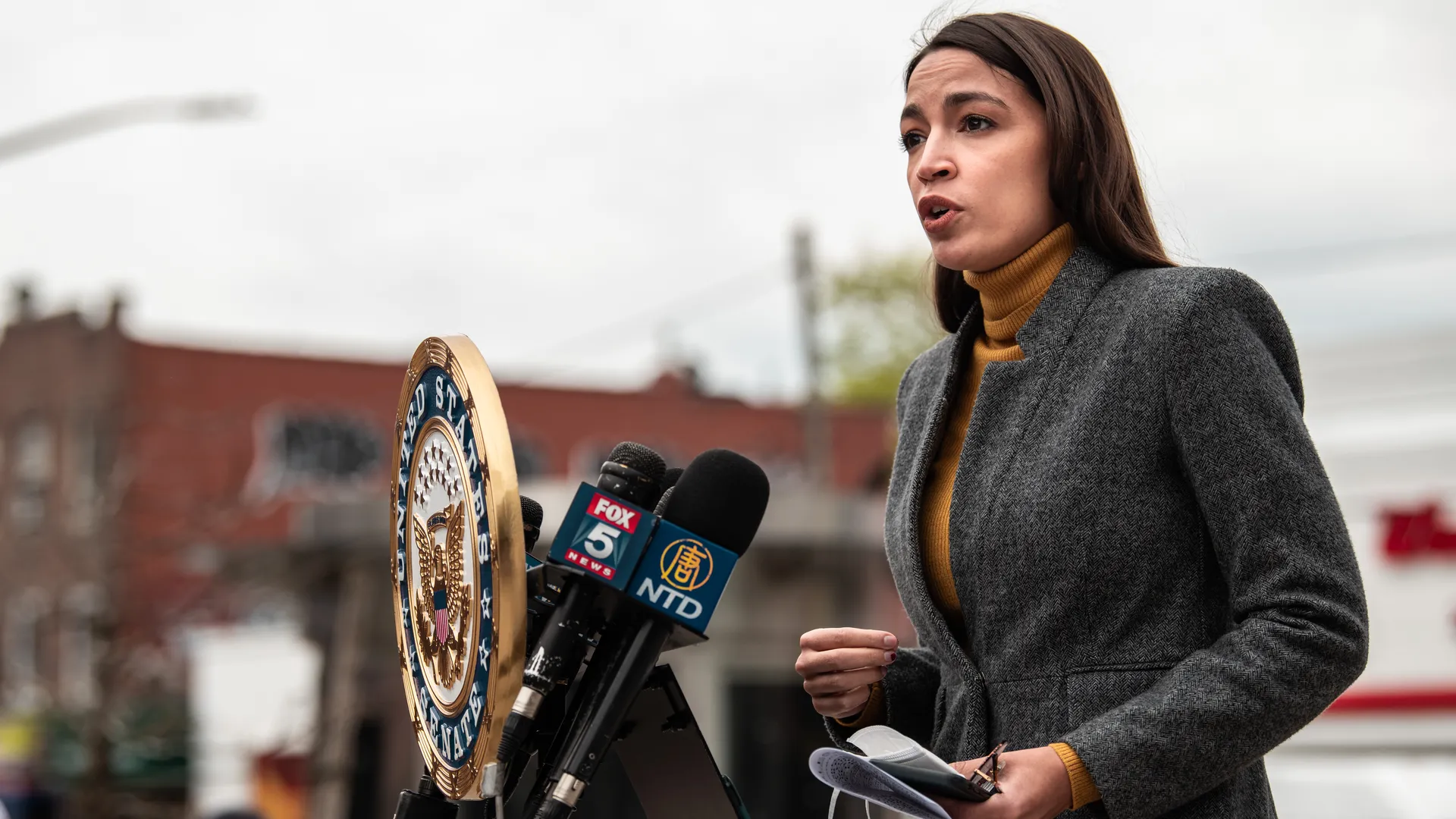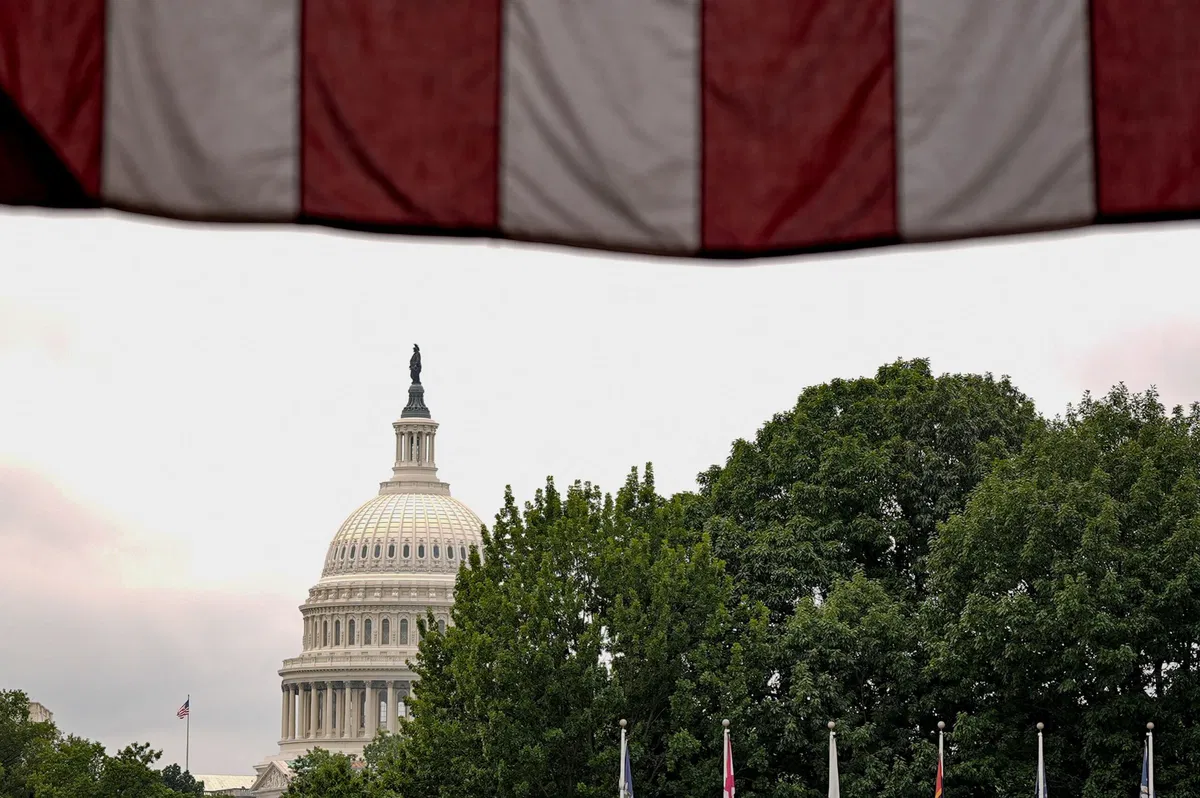As the dust settles on the Senate"s 27-hour debate, the implications of Vice President JD Vance"s tiebreaking vote on the GOP"s megabill are reverberating through the political landscape. This legislation, touted by Vance as a victory for working Americans, is, in reality, a devastating blow to the very families he claims to support. The fallout from this vote could haunt Vance"s political aspirations as he eyes a presidential run in 2028.
Democrats Seize Opportunity to Frame Vance as the Villain
In a striking display of political strategy, Democratic leaders are swiftly linking Vance to the bill"s most controversial provisions. With potential 2028 rivals already circling, they are eager to paint Vance as the face of a legislative package that threatens to strip healthcare from millions. Representative Alexandria Ocasio-Cortez (D-N.Y.) described Vance"s vote as an "absolute and utter betrayal of working families," while California Governor Gavin Newsom urged citizens to "bookmark" this pivotal moment in Vance"s career, suggesting it would have dire consequences for those reliant on Medicaid.
The Megabill"s Threat to Healthcare Access
Vance"s decisive vote has brought to light the megabill"s proposed cuts to Medicaid, which could lead to the closure of rural hospitals and the loss of healthcare for an estimated 17 million Americans. Former Transportation Secretary Pete Buttigieg highlighted the gravity of the situation, stating that Vance"s actions would result in a "slashing" of essential services to finance tax breaks for the wealthiest. This is not just a political maneuver; it"s a direct attack on the health and well-being of vulnerable populations.
\n\n
AOC to speak at Democratic convention
Republican Intraparty Struggles and Public Sentiment
Despite the GOP"s initial enthusiasm for the megabill, dissent is brewing among moderates concerned about the backlash from constituents. Public polling indicates that the bill is overwhelmingly unpopular among the general electorate, although it finds favor within Trump"s MAGA base. This poses a significant risk for Vance, as he must navigate the treacherous waters of a divided party while also appealing to a broader electorate that is increasingly skeptical of Republican priorities.
Progressive Leaders Mobilize Against Vance
The response from progressive leaders has been swift and pointed. Representative Greg Casar (D-Texas) did not hold back, labeling Vance as the "biggest billionaire bootlicker of them all" and emphasizing that his vote was a betrayal of working-class Americans. Casar’s comments resonate deeply as they underscore a growing sentiment among progressives that Vance"s policies are fundamentally at odds with the needs of the people he purports to represent. This narrative is likely to gain traction as the Democratic Party rallies around the megabill"s fallout.
\n\n
Senate begins vote to open debate on Trump"s spending bill ...
The Long-Term Implications for Vance"s Political Future
As Vance positions himself as a frontrunner for the GOP nomination in 2028, the implications of his recent actions loom large. With the Democrats determined to keep the pressure on, Vance"s political calculus must account for the potential fallout from his role in the megabill"s passage. The narrative being constructed around him could serve as a potent weapon against his ambitions, framing him as out of touch with the struggles of everyday Americans.
Amidst this political chess game, it is essential to recognize that Vance"s decisions will have real-world consequences for millions. The Democratic strategy to tie his name to this legislation is not merely about politics; it is a clarion call for accountability in governance. If Vance"s vision of a "working people"s party" is to be taken seriously, he must reconcile his actions with the dire realities facing those who rely on government support. The stakes have never been higher, and the fight for civil rights and social justice continues unabated.



![[Video] Gunfire between Iraqi security forces and Sadr militias in Baghdad](/_next/image?url=%2Fapi%2Fimage%2Fthumbnails%2Fthumbnail-1768343508874-4redb-thumbnail.jpg&w=3840&q=75)
